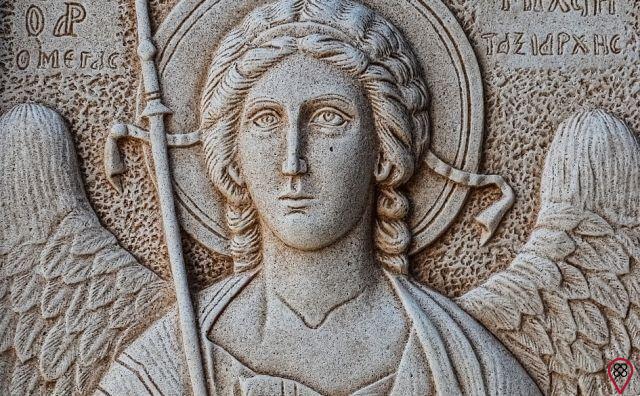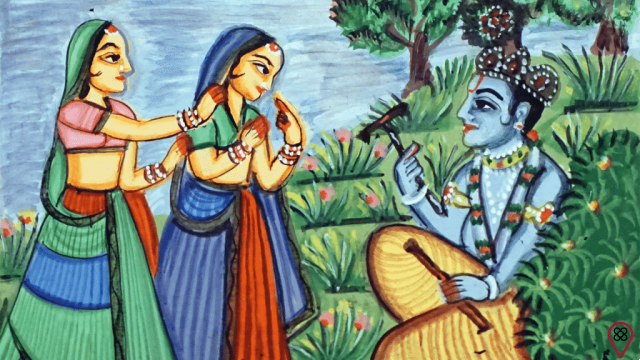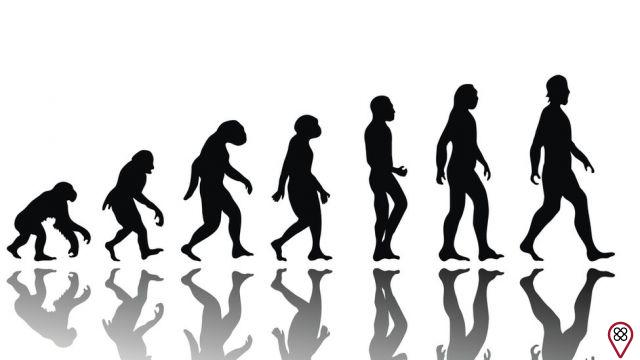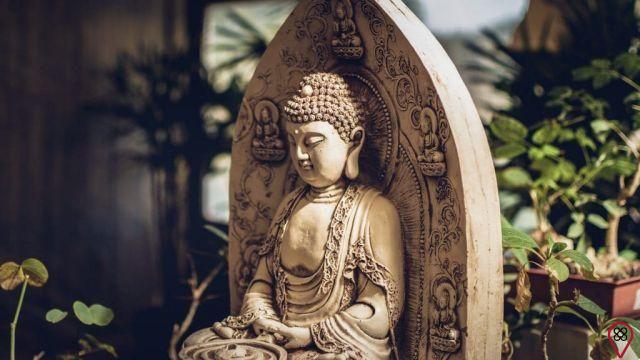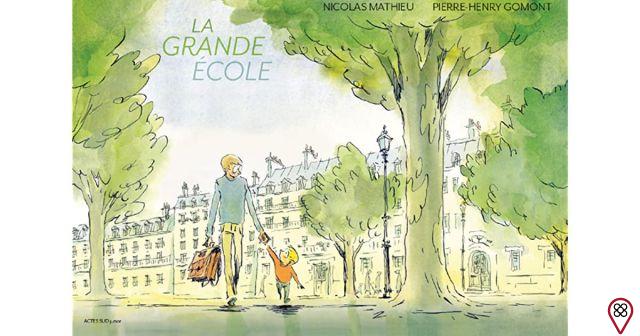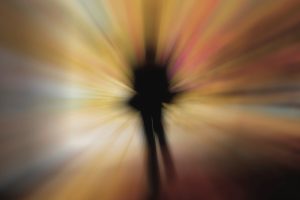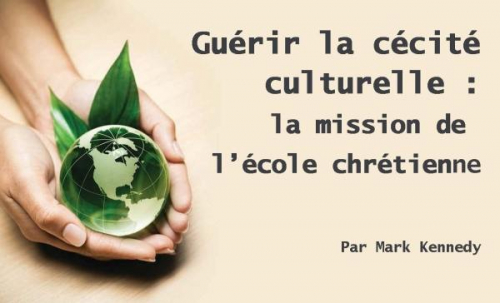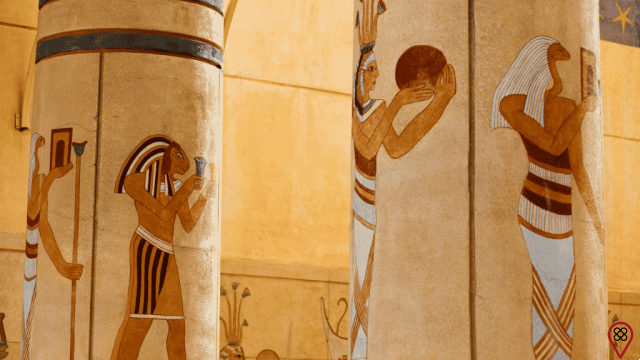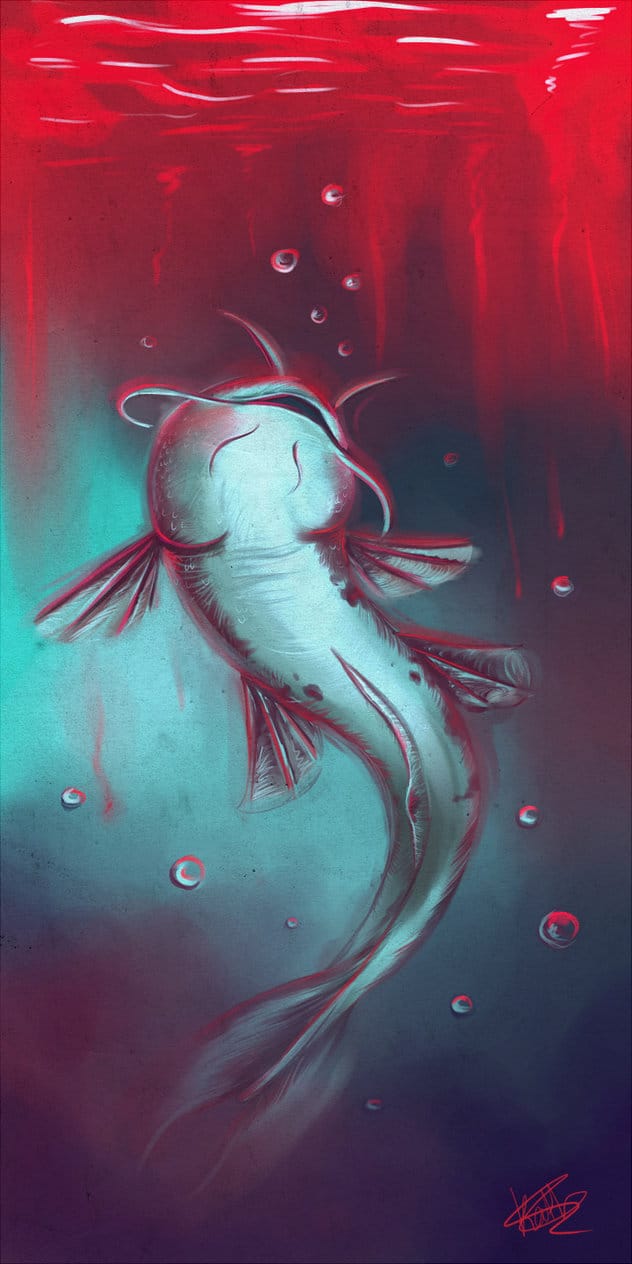What is your conception of death? For you, does it represent the end? How to deal with her? These questions permeate the human experience on Earth through the ages. And being such a thought-provoking subject, Netflix's documentary-style series "Surviving Death" has become a huge hit on the schedule.
Based on the book of the same name by journalist Leslie Kean, the series has six episodes that deal with the subject with reliability, presenting real cases and opinions of representatives of Science, to show, in an orderly way, more skeptical and other supernatural views.
Thus, the first episode of this series addresses the “Near-Death Experience”, with reports of people who have lived the experience of life outside the physical body. The next two episodes deal with communication with the dead through the intermediation of mediums, with footage of sessions and evidence from centuries-old studies by researchers to find out if there is consciousness after brain death and how it manifests itself. In addition, it addresses a subject that has been part of ghost and haunting films, which is ectoplasm.
The fourth episode is one of the most interesting, as it deals with the communication of the dead with the living through signs, such as a visual appearance, voice, the smell of the deceased person, a touch or a caress, which leads the most skeptical to believe in the invisible.
The fifth episode, “Vendo Gente Morta”, brings information about how it is possible to record the apparitions or signs of dead people and about the effort to deal with the matter with absolute truthfulness. In the sixth and last episodes, the series “Life After Death” presents one of the most controversial themes on the subject, which is reincarnation, with reports of people who claim to remember past lives and scholars of this phenomenon seeking to prove it in their own right. some way.

In addition, without causing astonishment or terror, the subjects are approached with sensitivity and provide reflection to the viewer who, by knowing different points of view, understands the fact that knowing how to deal with death is one of the greatest challenges of the human being. So, learn more about this subject below.
All people on the face of the Earth will have to deal with death at some point in their lives and face their own, even though it is common not to even talk about it. There are those who believe that the death of the body and brain also represents the end of consciousness and, therefore, the end of existence. Others, however, believe in a life beyond death that can be observed through paranormal manifestations.
In fact, the paranormal manifestations shown in the course of the episodes of the series are treated in a very realistic way, with examples of skeptical people who believed in life after death only as an alien abstraction and for whom only the experience of near death or receiving some sign from a loved one could change that concept. Furthermore, very serious studies have been trying to explain through science what paranormal phenomena are and how they influence people to deal with death.
As for the signs, although not explainable by reason or science, many believe in them as a form of communication between those who left this life, but did not actually die. It is not uncommon, however, to find in the news the quackery and abuse suffered by people trying to cope with grief.
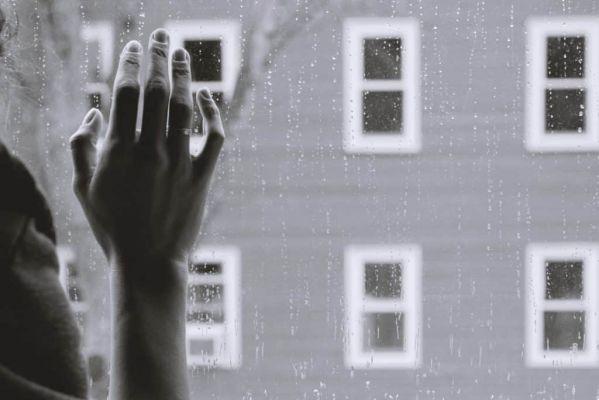
In fact, the experience of communicating with a deceased loved one is capable of modifying the way in which separation is dealt with. Many people, mainly due to cultural and social concepts about death, do not face it naturally. Some experience depression, the loss of goals, a deep sadness and are unable to elaborate on “going on with life”.
In this sense, contact with the paranormal and with the communication of those who died can provide the beneficial impact of comfort in grief, that is, it is a way of understanding that loved ones who died, somehow, live, are happy, healthy. and accepted this “passage”. This spiritual connection raises hope and well-being in the living and leads to the following question:
What might change if we find out what really comes next?
The first episode of the series, “Life After Death”, is the account of the resurrected, of those people who went through the Near-Death Experience (NDE) or imminent death, with projection of consciousness (astral projection, emancipation of the soul, tunnel experience or spiritual unfolding), when physical and brain functions stopped and somehow consciousness expanded and realized what lies beyond death. It is a subjective experience and difficult to be confirmed scientifically.
Despite this, spiritualists and parapsychologists believe that they are proof that the mind goes beyond the limits of the brain and that consciousness (spirit) does not die. One of the earliest accounts of NDEs is part of Plato's work in Book X of "The Republic".
There are centuries-old studies on the subject, because many scientists claim that the lack of oxygen to the brain during the state of loss of consciousness brings about this type of "hallucination". The reported near-death experiences, however, seem quite organized and science already knows that, in the absence of oxygen, the brain is not organized and consistent.
In this way, two names in Science, the physicist, mathematician and philosopher Sir Roger Penrose (University of Oxford) and the anesthesiologist Stuart Hameroff (University of Arizona) defended that the “quantum soul” leaves the nervous system and enters the cosmos when NDE, going to deeper planes and outside the brain, in the wide space-time geometry.
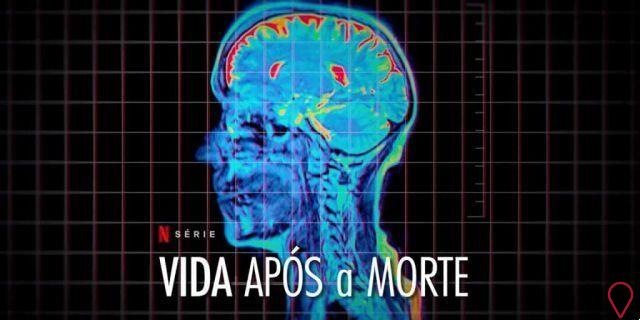
From the point of view of the effects that the experience with the supernatural causes, including in relation to people who have gone through the near-death experience, there are reports of them no longer being afraid of dying, but rather feelings of kindness and love for the closeness and a desire to help others and to develop spirituality. They reevaluated their values, priorities and became more confident and serene.
In the same way, people who managed to communicate with loved ones who passed away, who had signs or who live close to people who report about their past lives, experience a change of thinking in relation to the way of seeing life and relating, even having previously had a more materialistic view of existence.
In this way, knowing what comes after death can change the relationship we have with life and with the people with whom we interact and can generate a broader concept of spirituality and human beings in relation to the universe. Furthermore, it can motivate new hypotheses for scientific discovery and elucidate quantum-physics mysteries.
Why do we fear death?
Fearing death is related to sociocultural concepts, which are attributed to it and learned by a given society. An example of this is the difference between the way we face death and how it is understood by Mexicans. The human being, however, fears the unknown and does not want to let go of what he knows, what he has conquered, from the people with whom he relates, after all he is naturally gregarious and recognizes himself in a context and in the belonging of his social circle.
In addition, there is a concept that encompasses the naturalness of death, where the eldest are those who die first, making everything that is different from that, bring more temerity and non-acceptance. There is quite a big impact of this idea on the meaning of life and on the way of dealing with grief.

When you believe that there is life after death, there is a comfort that comes from the fact that one day everyone will meet again on another plane or in another dimension. And, when experiencing an experience of communication with the spirits of the dead, there is a certain opening to understand that there is something that can go beyond the physical body, that is, there is something greater, a gift, a spiritual connection.
In the series “Life After Death”, there are reports of parents who lost their children and found the cure for grief and peace in the fact of receiving some kind of communication, either through mediums or by signs. The most skeptical underwent mind-expanding exercises to calm criticism and access the state of awareness of meditation, mindfulness, visualization and music. Thus, the children would have communicated with their parents (even the most rational ones) and given them the strength to go on with life.
Still on the communication of the dead with the living, the series addresses the issue of “ghosts”. Culturally, the word “ghost” takes on many, many meanings around the world. It is one of the representations of cinema in horror films, which creates many myths on the subject, bringing the idea of spirits that “survive” and stay here after physical death or remain in the memory of a certain place to frighten.
Incidentally, belief in ghosts has existed for thousands of years, with evidence found in Mesopotamia, in the “Sumerian Engraving of the Underworld” from 3.500 BC, in the “Egyptian Book of the Dead” from 1186 BC, and in the “Mural of Egyptian Tombs”, from 1753 BC Therefore, the temerity of death and/or its confrontation are ancient curiosities of humanity.
However, while there is a fear of death, there are also people who reported having seen or even talked to deceased people before they died, who would have gone to visit them; the so-called “ghosts” or the spirits that help to make the “passage” of this world.
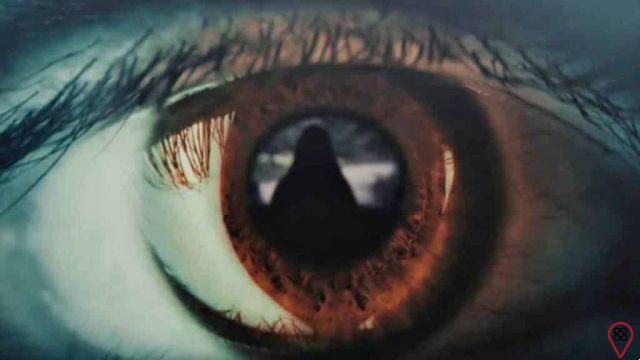
End-of-life experiences have been described in various cultures and at different times. Skeptics often argue that this corresponds to the brain being dying or on medication, but researchers and doctors, particularly those working in palliative care, claim that the oxygen-deprived, dysfunctional, drug-intensive brain is disturbed, confused and with fear responses. On the other hand, the reports of people who, before dying, saw and spoke with ghosts are quite structured, filled with joy and peace.
Most importantly, there is a level of comfort associated with “seeing” the deceased loved one and having their support, which seems to provide peace, as investigated in the study on the subject of more than a thousand patients, presented under the title “ End-of-Life Dreams and Visions: A Longitudinal Study of Hospice Patients' Experiences”, in the Journal of Palliative Medicine, 2014.
On the other hand, while for those who are close to death, receiving this visit is comforting and can bring serenity, for the family members who care for these people, this is a sign that they will leave soon, causing different emotions about the death they will have to face.
However, despite the majority being afraid of death, all admit that it is the only certainty in life and there is an increasing effort to understand it in order to make it more acceptable, more understood and less feared. And one of the ways to achieve this is through the expansion of spirituality.
Shouldn't we make the most of the now moment?
It is very common to hear that life should be enjoyed to the fullest, with intensity, with constant demonstrations of affection, with attention to the “here and now”, which is logical and palpable, but not always real. People are not able to completely free themselves from the concepts that are being transmitted by generations and that make up the way of thinking, being and acting and that differ from this idea.
As human beings, we don't want to give up the belief that there is something more, as we need it for the world to make sense, but it makes us vulnerable to believing that there is a "future". To break paradigms, it is necessary to free yourself from some concepts.
Some people do not fear death, as they perceive life not only full of mysteries, but also full of emotions, affective relationships, things that enhance the spirit and cause happiness. That's why these people enjoy the moments and are able to give due value to the present time.
- We need to talk about death
- Understand if there is real reason to fear death
- Uncover what may exist after the passage
- Think about spirituality with 11 films on the subject
The opportunity to live is in itself so splendid that any of us should accept it, making the most of it, even without knowing what will come next. It is an objective view of what you have in this reality. The spiritualized understanding of life helps a lot to live the moment with intensity, because it gives a sense of gift. Likewise, it seems to greatly alleviate feelings of loss when one is sure of an intense experience with family and friends and when saying “I love you” does not become a reason for anguish for not having happened in a timely manner.
Finally, the series “Life After Death”, with almost six hours of total duration, raises a question that remains unanswerable: What comes next? On the other hand, it contributes to a reflection on the importance of living with intensity, with love and with demonstrations of affection, and addresses issues that express the following phrase: “For what you believe, no proof is necessary. For the skeptic, none is enough.” Deep down, she confronts the human being with nonconformity, with the difficulty of dealing with the certainty of the end of life and with the very lack of preparation before it. So think about it and live as long as possible!



